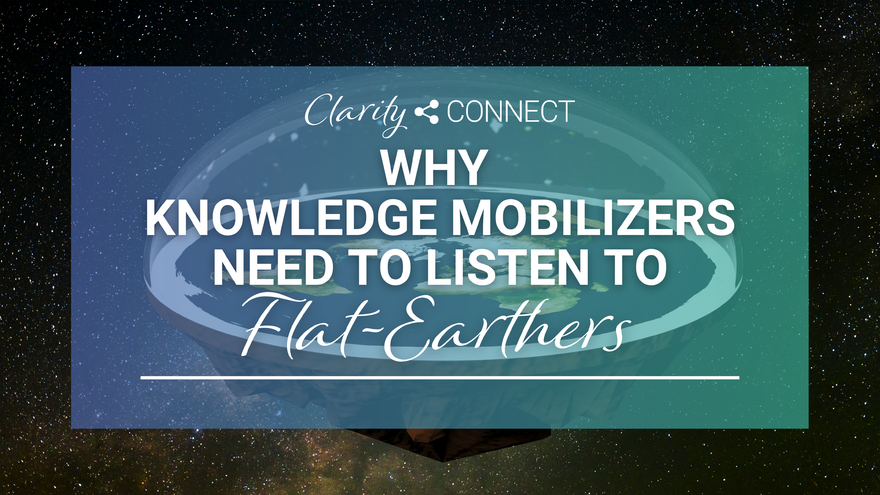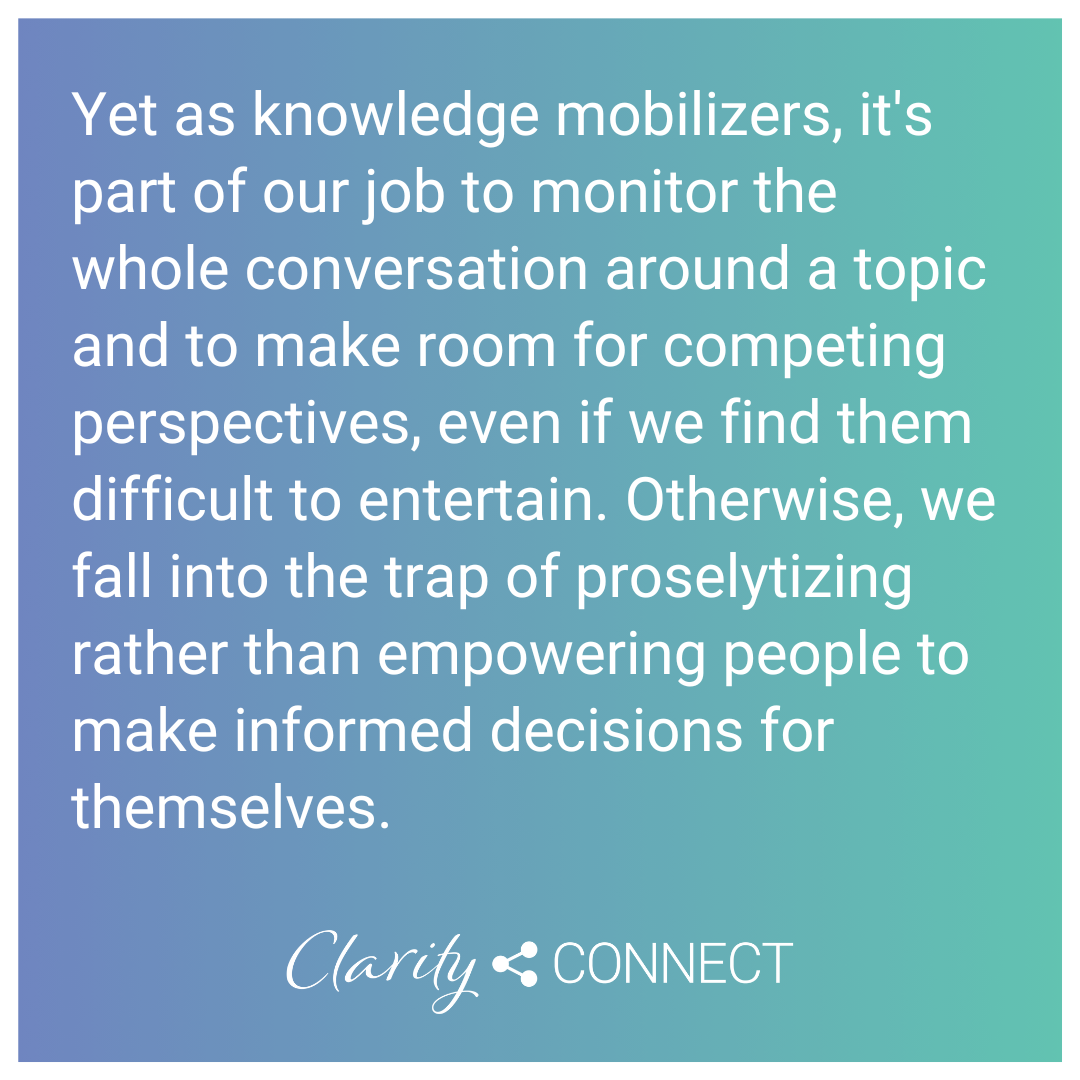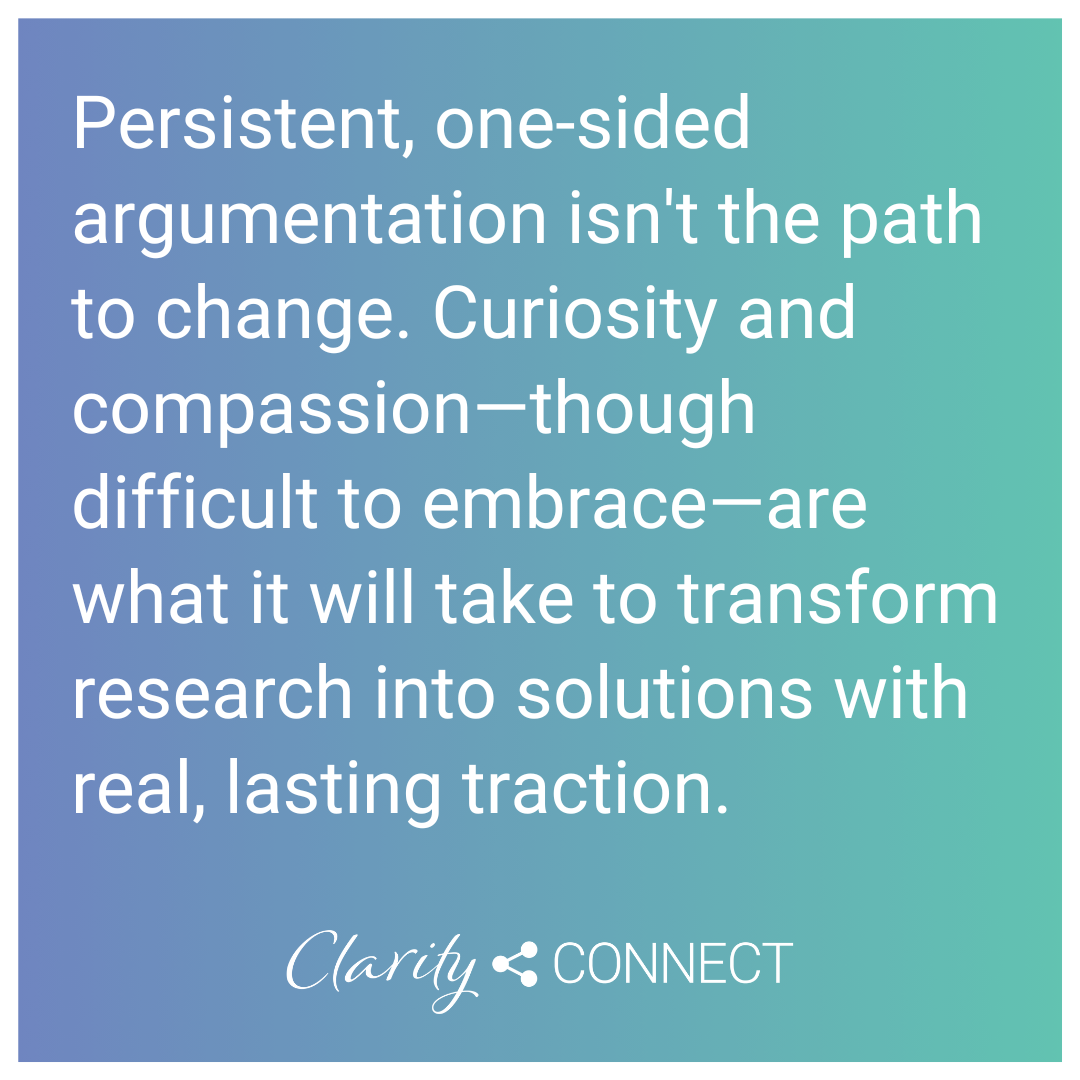
It was the most staggering statement I’d ever heard from a preacher’s mouth: “No love without justice.” I’m not exaggerating when I say it left me gasping for air.
My husband and I had recently moved to a new city, and we were looking for a church to join. One Sunday morning, I was flipping through church websites and came across sermon videos from one of the most popular congregations.
The topic of the shocking video I’d stumbled across was harm reduction, and the target of the preacher’s outrage, I believe, was a local safe injection site. He saw harm reduction as morally wrong because, in his view, it meant feeding someone’s sinful addiction. No love (safe drugs in a safe environment) without justice (repentance and reform).
At the time, I didn’t know much about harm reduction, so once I’d caught my breath, I called a nurse I know—who also happens to go to a conservative, evangelical church--to find out which end was up.
I asked her whether she found that the practice of harm reduction conflicted with her religious beliefs.
“I never really thought about it,” she said. “It’s just best practice.”

Do we even see competing perspectives?
That response floored me—because it made me recognize how invisible the webs of different belief systems can be to us.
We tend to be so emmeshed in our own belief system that it’s hard to even imagine the alternative webs that others have spun around themselves.
The preacher’s set of beliefs made it impossible for him to reconcile evidence-based care with his definition of Christian compassion. Similarly, the nurse’s belief framework didn’t allow her to see any possible conflict between professional standards and Christian compassion.
How often, I wondered, do my beliefs prevent me from being fully aware of the range of competing beliefs circulating around a particular topic?
Lessons from Flat-Earthers
My encounter with the “no love without justice” slogan reminded me of a radio interview with a scientist who went out of his way to attend Flat Earth conferences. He was convinced that he needed to spend time listening to Flat Earthers so he could engage in genuine conversation with them.
Of course, the scientist found this practice challenging. I’m sure that every fiber of his being bristled when he heard the opinions of the conference attendees, which must have sounded to him outrageous and backward. But he fought the urge to apply such labeling, in the interest of developing relationships and fostering meaningful dialogue.
I’m not sure that I could treat Flat Earthers with such consideration. I often find it hard to put my own perspective aside, especially when I’m communicating about a research-related topic I care deeply about, like housing, healthcare, food security, or mitigating the climate crisis.
Yet as knowledge mobilizers, it’s part of our job to monitor the whole conversation around a topic and to make room for competing perspectives, even if we find them difficult to entertain. Otherwise, we fall into the trap of proselytizing rather than empowering people to make informed decisions for themselves.

Cues from literature
This is where literature can shine a guiding light. Vincent Lam’s novel, On the Ravine, is a great example. It explores controversial issues, such as harm reduction and the ethics of clinical trials, without judgment, in a way that encourages readers to reflect, and perhaps reframe, their beliefs.
Literature has much to teach us about how to communicate our point of view while creating space for other opinions. It shows us techniques we can use to create communication products that foster genuine conversation about a topic.
If we pay attention, accomplished creative writers like Lam can show us ways to embrace paradox, incorporate multiple and competing voices, and respect the autonomy of the audience.
Taking some cues from the way literature works can help us avoid the oversimplification of what Wendell Berry calls “the industrial formula: Science + Technology + Political Will = The Solution.” [1]
If the answers to the questions that now threaten humanity were as simple as the industrial formula pretends, then we would have arrived at a consensus on them long ago. Persistent, one-sided argumentation isn’t the path to change. Curiosity and compassion—though difficult to embrace—are what it will take to transform research into solutions with real, lasting traction.
Berry, W. (2016). A Small Porch. Counterpoint, p. 78.


Comments